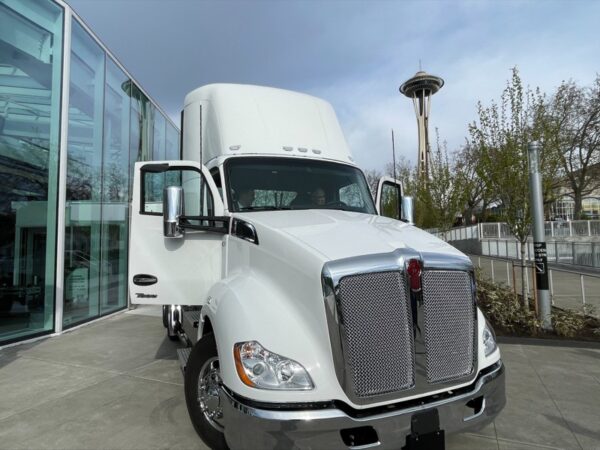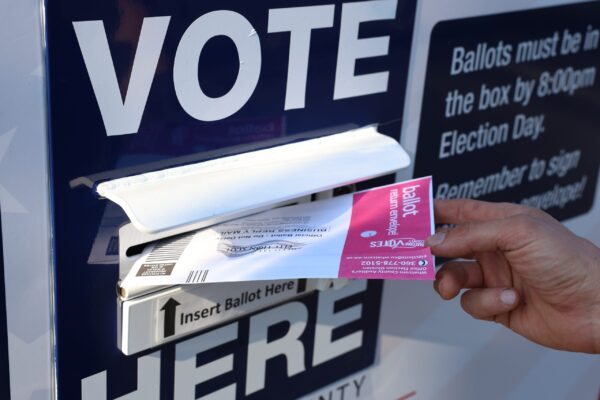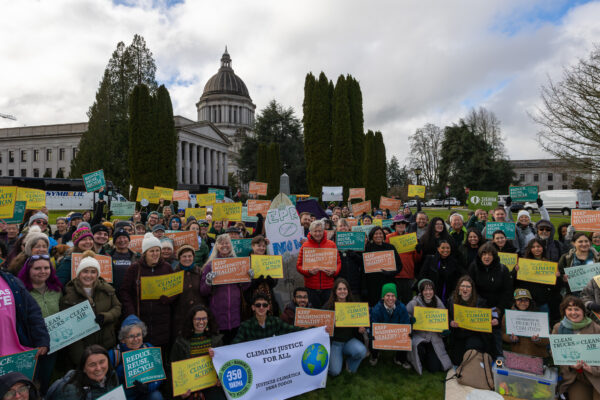Today, Indigenous Peoples’ Day, the country pauses to honor, observe, and to reflect upon, the first peoples of this land, who lived in every ecosystem across the continent: forests, mountains, prairies, coasts, wetlands, rainforests, deserts. For tens of thousands of years, the people of these first nations met their needs while maintaining a balance with nature.
Of course, one federal holiday is far too little. It cannot possibly redress the more than 500 years of conquest, theft, enslavement, murder and heedless resource extraction that have followed Columbus’ landfall in the Bahamas.
But perhaps this day might spur us to think about how we might learn from Indigenous Nations, how we might become more attuned to the earth, to plants and animals, and most importantly, to each other.
Here at WEC, we are proud to be led by CEO Alyssa Macy, a citizen of the Confederated Tribes of Warm Springs. We have made it a priority to engage with Tribal Nations, to listen to Native Nations, to collaborate with them during the legislative session, and to center them in our work. But so much more effort remains for everyone, if we are to undo the damage wrought by white supremacy.
Take a moment to learn which people originally lived where you call home. You can find out here.
If you can, consider attending one of the following Indigenous Peoples’ Day events in Washington State:
- Western Washington University in Bellingham is screening a documentary about an adopted woman who found her birth mother, who was also adopted, and their discovery of their tribal heritage, the Lummi nation. A traditional Salish meal will be served. 5-8 p.m. at Syre Auditorium, Whatcom Community College. If you can’t attend in person, the documentary will be live- streamed here.
- Bainbridge Artisan Resource Network will host a panel discussion after the showing of Honor Thy Mother: the Untold Story of Aboriginal Women and Their Indipino Children. Indian fry bread by a local chef will be served. 7-8:30 p.m. 8890 Three Tree Lane NE Bainbridge Island.
- Daybreak Star Indian Cultural Center (5011 Bernie Whitebear Way, Seattle, WA 98199) in Seattle’s Discovery Park is holding a celebration at 4:00pm



